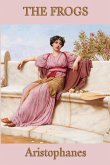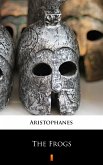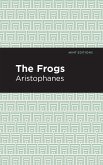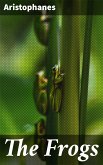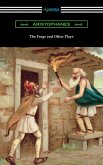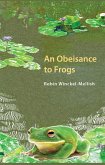In "The Frogs," Aristophanes skillfully combines comedy and social critique to explore themes of art, politics, and the afterlife within the context of Athenian drama. This satirical play, structured as a journey to the underworld, showcases Aristophanes' hallmark use of clever wordplay, vivid characters, and biting humor. As the protagonist, Dionysus, embarks on a quest to retrieve the playwright Euripides, the narrative serves as both a reflection on the decline of Athenian drama and a critique of contemporaneous political landscapes. The interactions between the dead poets serve as a vehicle for Aristophanes to express his perspective on the state of tragedy and the cultural shifts in Athens, illustrating the fragility and vitality of artistic expression amidst societal change. Aristophanes, often referred to as the 'father of comedy,' lived during the tumultuous periods of the Peloponnesian War and reflected the zeitgeist of his times through his work. His sharp wit and keen observations of Athenian life illuminate the socio-political issues faced by citizens. Aristophanes had a profound interest in the theatre's role as a social commentator, which is central to "The Frogs," as it invites audiences to consider the value of both art and the artist within their society. "The Frogs" is an essential read for enthusiasts of classic literature and those interested in the interplay between comedy and tragedy. With its rich layers of meaning and cultural critique, this play not only entertains but also provokes thoughtful reflection on the role of the arts in society. Aristophanes' masterful blend of humor and philosophy offers valuable insights that resonate even in contemporary contexts, making this work a timeless exploration of the human condition.
Dieser Download kann aus rechtlichen Gründen nur mit Rechnungsadresse in A, B, BG, CY, CZ, D, DK, EW, E, FIN, F, GR, H, IRL, I, LT, L, LR, M, NL, PL, P, R, S, SLO, SK ausgeliefert werden.



